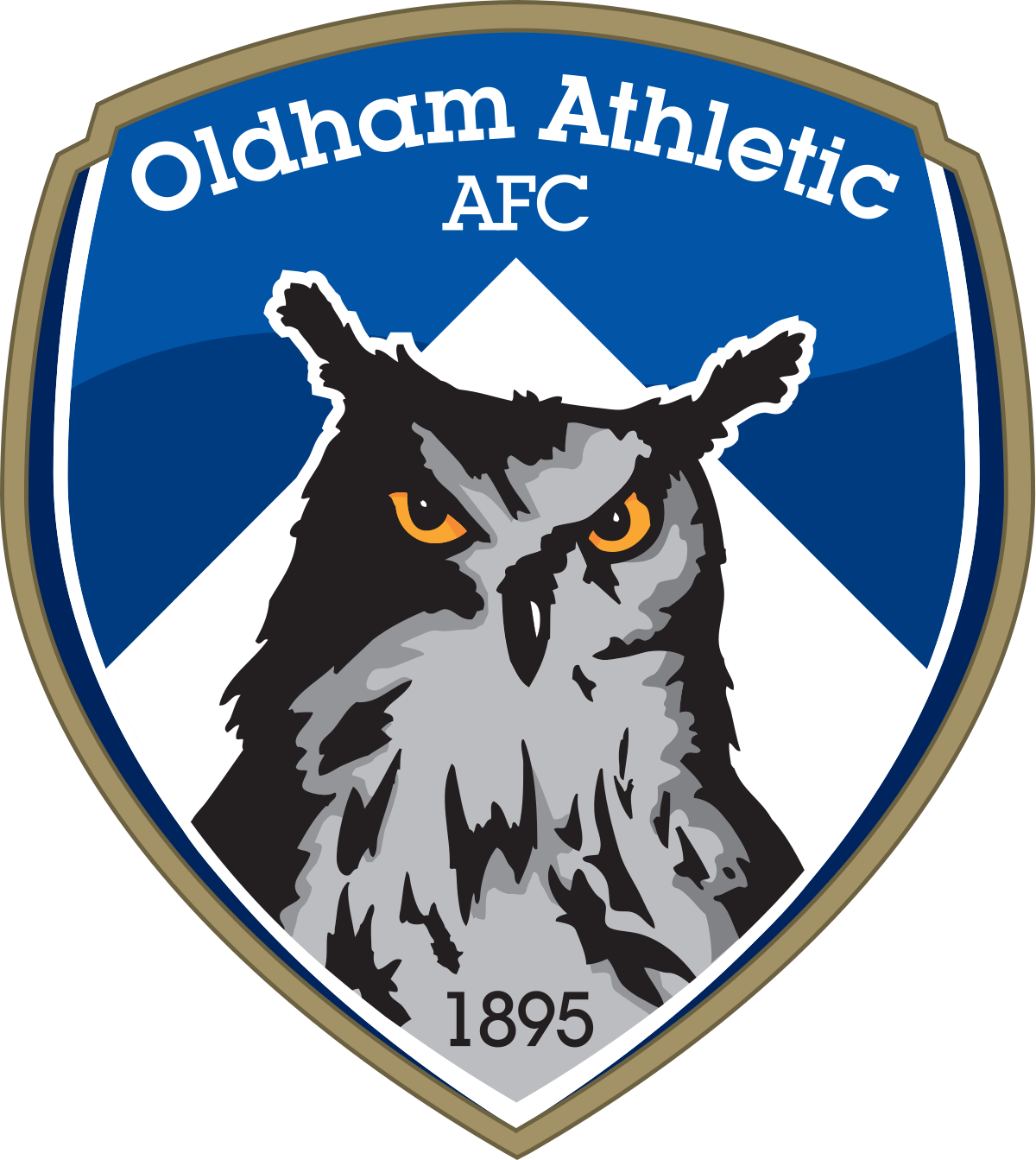The club’s Community Trust work closely with local organisations including a youth club for autistic children and decided to produce 10 sensory packs for young supporters in the hope that this would enable them to access and enjoy match days.
Head of Community Martin Vose said “We just want all match days to be as inclusive as possible and to take away as many barriers to people attending as possible. We want to create a place where people feel safe and comfortable and can come and enjoy a day out with friends or family. We had 10 packs as a trial and after yesterday’s BBC news article they have all been taken by families of autistic children who are interested in attending matches but who previously may have found it too much to cope with. We are now going to reorder due to the interest that we have received off the back of the article.”
Martin also said that the current sensory packs are set up for young people but if they have any interest from adults then they will look into supplying sensory packs for adults as well. Martin said that due to this initiative autism awareness has increased at the club; the pack contains an Autism Awareness card that can be shown to match day staff and stewards who now understand the type of support that the bearer might find helpful. They are hoping to have more formal training towards the end of the season to build on the success so far.
Ruth Hopkins, General Manager and Head of Access and Development said “We were pleased to hear about this great initiative at Oldham Athletic FC for children with Autism. We know there are several clubs that provide noise cancelling headphones, stadium visits and sensory rooms for people with Autism but this is the first league two club to provide a pack.”
“For many people with sensory disabilities attending a noisy and busy football match can be challenging. This is a relatively low cost solution that can make a big difference and determine whether someone actually attends a match or not. We would encourage all clubs to work with their disabled fans and disability groups in their communities to raise awareness, become more accessible and encourage more disabled people to attend.”

 Oldham Athletic
Oldham Athletic